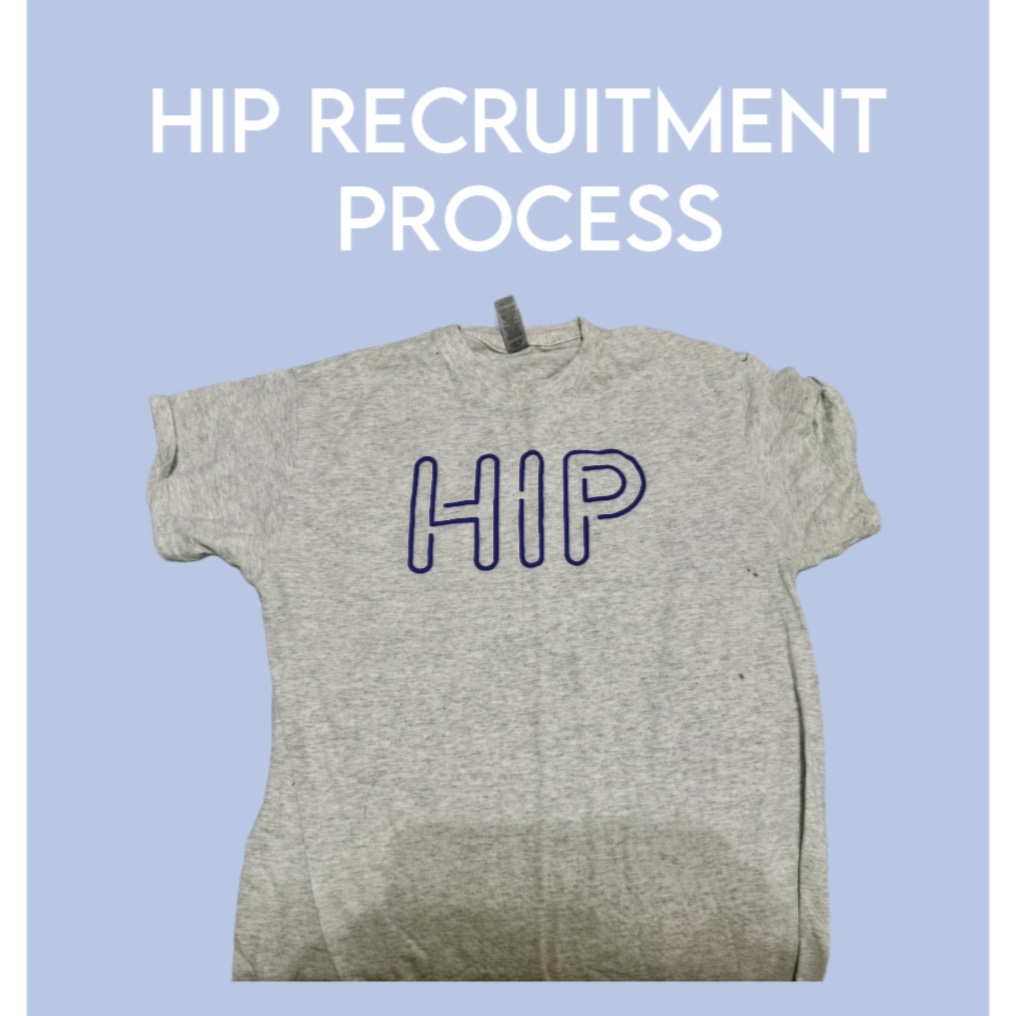National Suicide Prevention Month: You Are Not Alone
September 23, 2020
Sept. marks the start of Suicide Prevention Month, where individuals unite to promote suicide awareness, learn about the symptoms of depression and reach out to others.
A range of health conditions can cause suicide: mental disorders, mood disorders or clinical depression.
Suicidal thoughts can affect people of all ages, backgrounds and gender and cause thousands of deaths annually in the United States. Depression has additionally affected millions of Americans, with 7.6% of people over the age of 12 experiencing depression in any two-week period. About 1.9 million children ages 3-17 in the U.S. have diagnosed depression.
The COVID-19 pandemic has left some feeling more alone than usual, affecting their mental health and making it increasingly important to recognize Suicide Prevention Month. In June, American adults reported considerably higher adverse mental health conditions associated with COVID-19.
“There are some students who need to have personal interactions with others,” Miami Palmetto Senior High School junior and No Place for Hate secretary Alyssa Rodriguez said. “I personally need to talk to people in person and be around people I care about, and because of COVID, I haven’t been able to, and it has put me in worse moods than usual. Even though there is the internet, it’s really not the same.”
During these times, one must remember that they are not alone. Additionally, it is equally important to recognize suicidal signs in others or in yourself. The following steps demonstrate how to do so:
Find the Signs
Although mental pain may not always show outwardly, most individuals having suicidal thoughts do show warning signs in their actions. In teens, these signs may include changes in sleep, withdrawal, reckless behavior and/or loss of interest, among many others. If one notices one or more of these signs within another person, they should reach out to them as soon as possible.
Find the Words
Although conversing with someone having suicidal thoughts seems difficult, it is essential to reach out as it may save a life. When talking to the individual, plan out what you will say and have help resources available. Discuss the signs that prompted you to talk to the individual, express concern and reassure them. If the person admits to experiencing suicidal thoughts, create a safety plan to keep the person safe until they get further help. Show them the resources available to them.
Reach out
Many resources, listed below, remain available to the general public at all times. Moreover, you can reach out to school counselors, teachers, trusted friends or family members and crisis lines for help.
“The best way to deal with stress and anxiety is to engage in something physical whether it’s deep breathing, exercising, yoga or dancing around the room to your favorite music,” Palmetto AP Psychology teacher Gwendolyn Schoolar said. “It’s just important to move your body and get some sunshine. Also, meditation is helpful, even if you do it for ten minutes a day.”
For individuals experiencing recurring suicidal thoughts, immediate resources remain available at all times.
“Depression is a debilitating illness, but it is treatable,” Schoolar said. “Unfortunately, when someone is in the depths of depression they feel like there is no way out and they often lack the motivation to seek help, but it’s so important to get help.”
If you or another individual shows signs of depression or suicidal thoughts, you can reach out to:
National Suicide Prevention Hotline, 800-273-TALK
NAMI Miami Chapter, (800) 273-8255 or text “NAMI” to 741741









